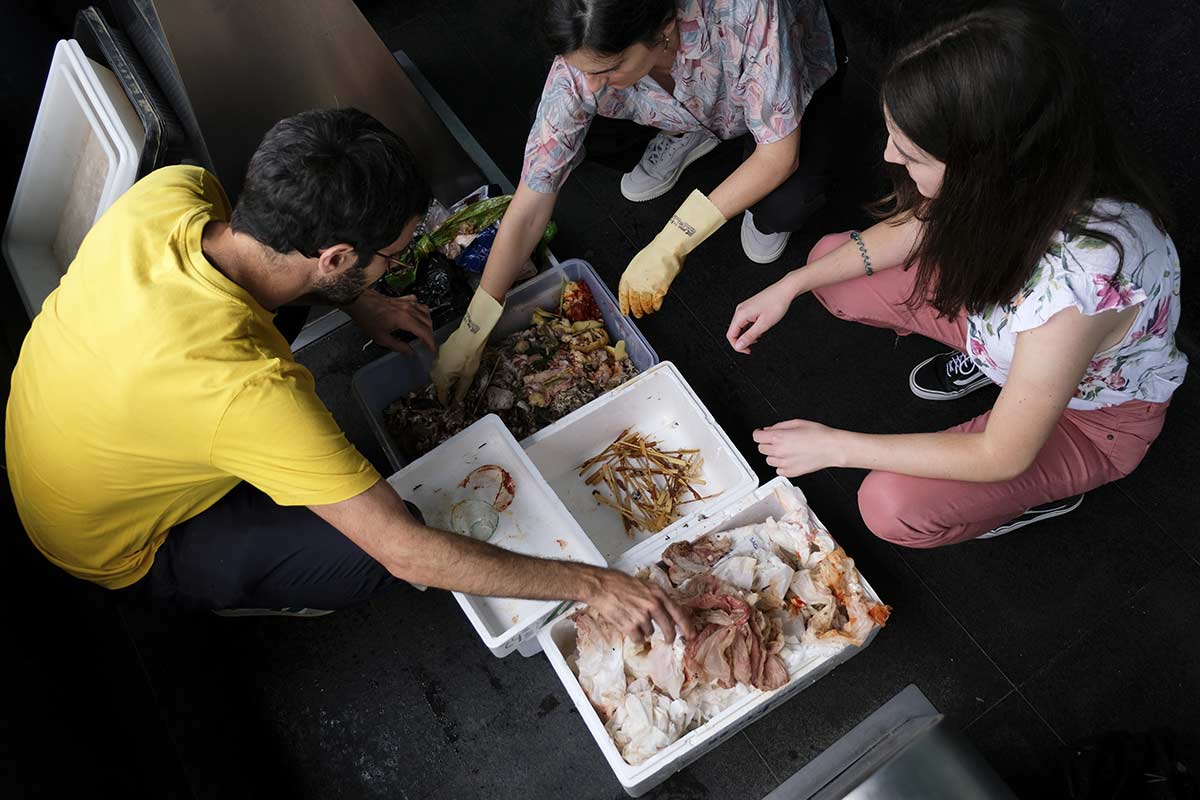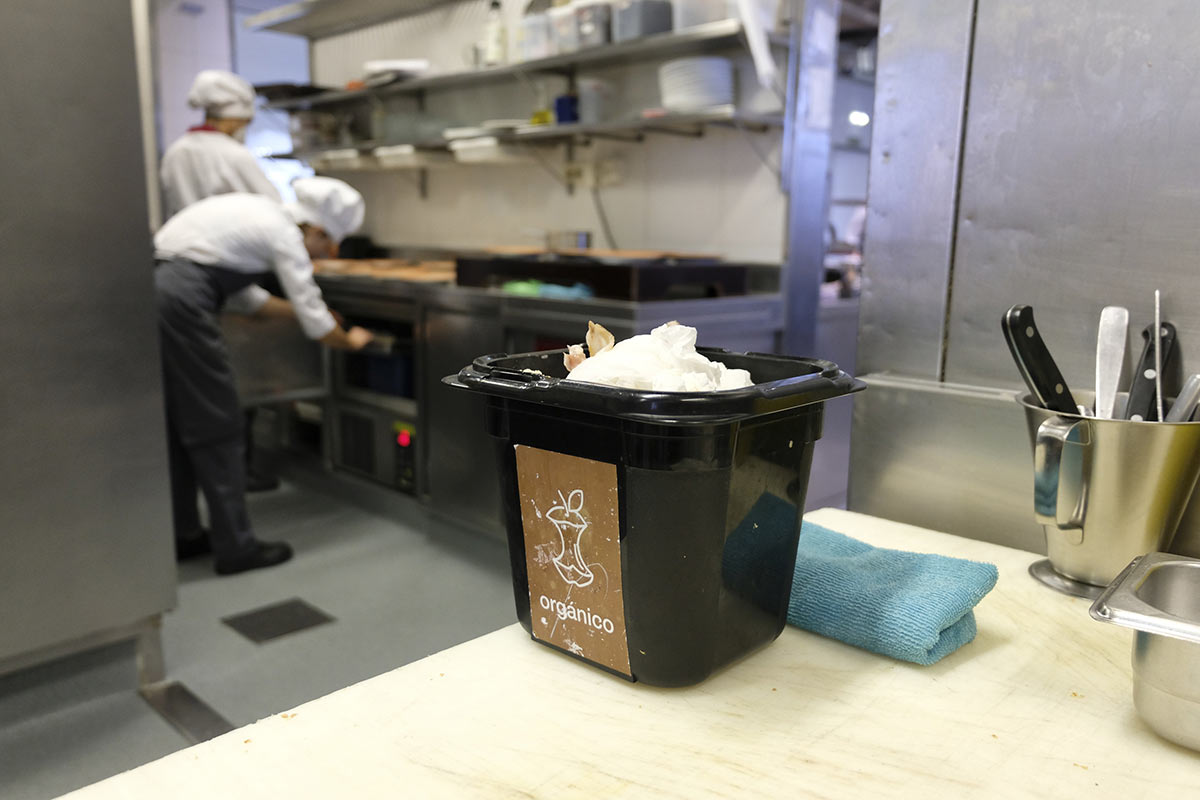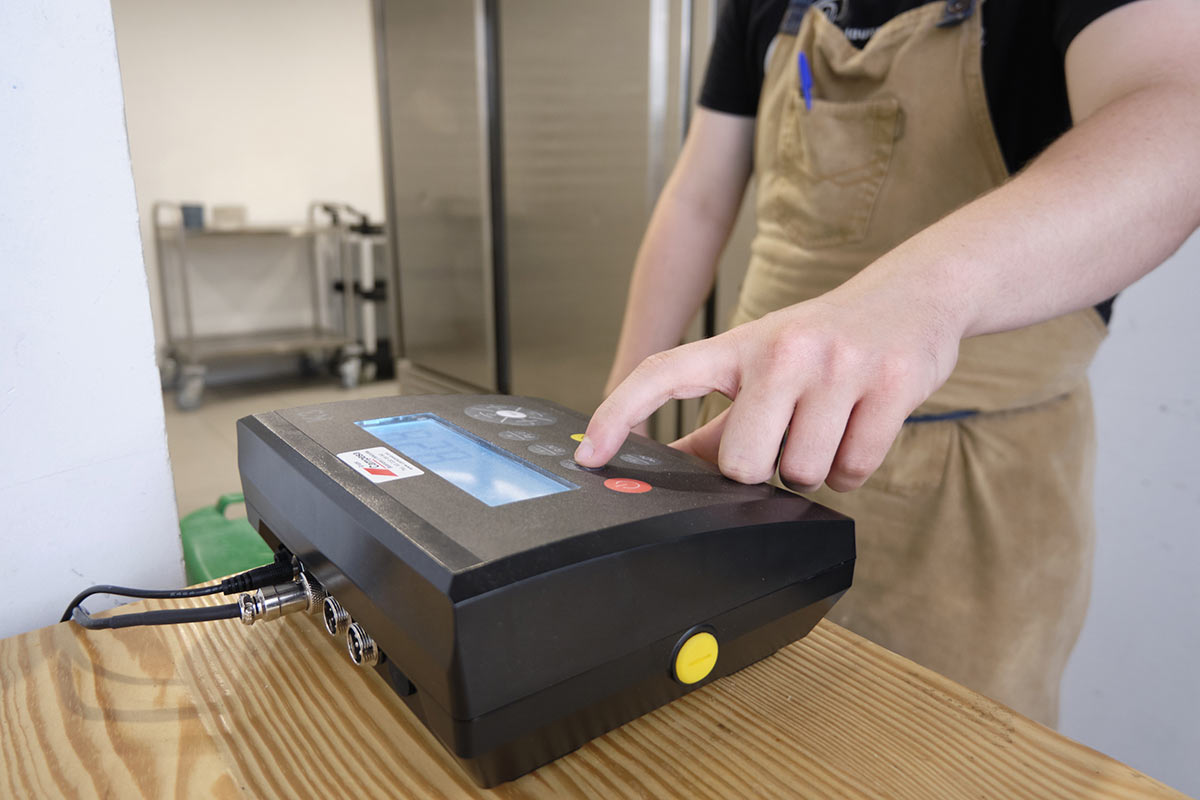HORECA ZERO
CIRCULAR ECONOMY SOLUTIONS TO REDUCE THE ENVIRONMENTAL IMPACT OF RESTAURANTS
Reducing food waste is becoming increasingly important as a strategy to combat climate change and contribute to more responsible production and consumption that fosters sustainable development, as reflected in Target 12.3 of the SDGs. There is a clear commitment from Europe to address this global problem at all levels. In the Basque Country, food waste generated in the agri-food value chain exceeds 310,000 tonnes each year, which is equivalent to 142 kg of food waste per person per year. Waste from the HORECA sector amounts to 13.9%, 29,640 tonnes each year. Currently, there are not many studies on the environmental impact of the possible options that can be implemented by catering establishments, which hinders decision-making.
AKELARRE Restaurant, awarded with three Michelin Stars, is leading HORECA ZERO, a project on which it has worked with the Technology Centre specialising in gastronomy, BASQUE CULINARY CENTER INNOVATION (BCCInnovation), and the consultancy firm specialising in the Circular Economy, BILIBIN KOOP. LABe, ESPACIO OTEIZA and HOTEL AKELARRE RELAIS & CHÂTEAUX restaurants have participated as collaborators.

DRIVING FACTOR



 OBJECTIVES
OBJECTIVES
- Put forward a methodology to reduce food waste in the HORECA sector, incorporating the environmental impact criteria of different circular economy solutions
- Identify the type, quantity and location where waste is generated in the value chain.
- Analyse different circular economy solutions for the identified waste through Life Cycle Analysis (LCA).
- Implement circular economy-based solutions in pilot restaurants to make use of the identified food waste.
- Convert the results into a methodology that can be adapted to different types of restaurants.
 RESULTS
RESULTS
- Methodology for the reduction of food waste and implementation of circular economy solutions for catering establishments.
- Guided process to analyse the process of a kitchen in order to understand, quantify and characterise the food waste in restaurant kitchens and where it is produced.
- Environmental impact calculator implemented in the methodology, which enables the environmental impact of different circular economy solutions for the selected waste to be easily analysed and compared.
 CONCLUSIONS
CONCLUSIONS
- Awareness and training needs to be improved in the catering sector in order to ensure that waste management is properly implemented. HORECA ZERO has provided valuable information in order to apply appropriate measures in the use of ingredients and efficiency of processes.
- The development of specific tools for catering establishments has been key in order to understand and be aware of the tools that help to improve their sustainability.
ENVIRONMENTAL
TECHNICAL
ECONOMIC
COMMERCIAL
ON THE MARKET




